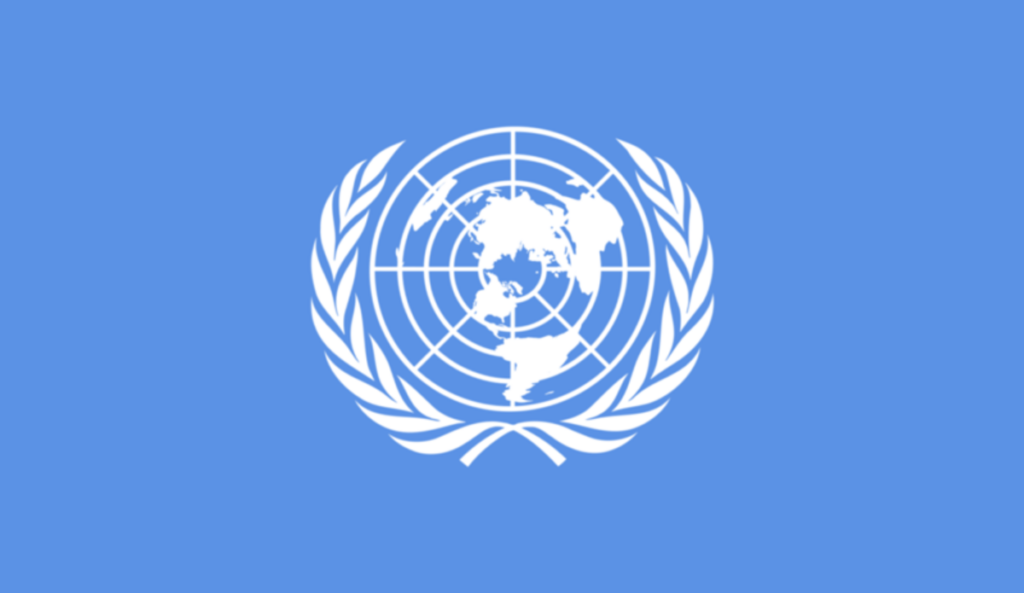The following Security Council press statement was issued today by Council President Linda Thomas-Greenfield (United States):
In connection with the Security Council briefing on the situation in Afghanistan on 12 December 2024, the members of the Security Council reiterated their full support to the work of the United Nations Assistance Mission in Afghanistan (UNAMA) and the Special Representative of the Secretary-General.
The members of the Security Council reaffirmed their strong commitment to the sovereignty, independence, territorial integrity and national unity of Afghanistan, as well as their continued support for the people of Afghanistan, and recognized the continued need to address the multifaceted challenges faced by Afghanistan, including but not limited to those related to humanitarian, economic and social issues, development, security and terrorism, narcotics, dialogue and engagement, governance and the rule of law, as well as human rights and especially the rights of women and girls, and persons belonging to religious and ethnic minority groups.
The members of the Security Council are deeply concerned with the continuing negative impact of the Taliban’s policies and practices that restrict the enjoyment by women and girls of their human rights and fundamental freedoms on Afghanistan’s peace, stability and development and its people. Recalling its resolution 2681 (2023), the members of the Security Council emphasized the need to ensure the full, equal, meaningful and safe participation of women and girls in Afghanistan for the country’s future and long-term development, and urged the Taliban to swiftly reverse these policies and practices, including the “vice and virtue” directive and the recent decision to suspend women’s and girls’ access to education in private and public medical institutions. Positive developments in this area are crucial for building confidence with the international community.
The members of the Security Council also expressed their deep concern regarding the dire economic and humanitarian situation in Afghanistan, including the funding gap for and continuing obstacles to humanitarian operations, and recognized the need to help address the substantial challenges facing Afghanistan’s economy, including through efforts to restore the banking and financial systems and to enable the use of assets belonging to Afghanistan’s Central Bank for the benefit of the Afghan people, and for strengthened efforts by all relevant stakeholders to provide humanitarian assistance and other activities that support basic human needs in Afghanistan.
The members of the Security Council reaffirmed that terrorism in all its forms and manifestations constitutes one of the most serious threats to peace and security in Afghanistan, as well as in the world, and
further reaffirmed the demand that the territory of Afghanistan should not be used to threaten or attack any country, to plan or finance terrorist acts, or to shelter and train terrorists, and that no Afghan group or individual should support terrorists operating on the territory of any country. They called on the Taliban to take active measures to strengthen its efforts to combat terrorism, including those individuals and groups, entities and undertakings, designated by the Security Council Committee pursuant to resolutions 1267 (1999), 1989 (2011) and 2253 (2015).
The members of the Security Council reiterated their support for the fight against illicit cultivation, production, trade and trafficking of drugs from, and chemical precursors to, Afghanistan, acknowledging that illicit proceeds of drug trafficking in Afghanistan continue to be a source of financing for terrorist groups and non-state actors that threaten regional and international security. In this regard, they emphasized the necessity to support alternative livelihoods to sustain the reduction in opium.
The members of the Security Council stressed the important role that the United Nations will continue to play in promoting peace and stability in Afghanistan, and expressed their appreciation for the United Nations’ long-term commitment to support the people of Afghanistan. They underscored that dialogue, consultation, and engagement among all relevant Afghan stakeholders, the region and the wider international community, including through the Doha Process convened by the United Nations, is critical for a political settlement in Afghanistan, as well as peace and stability in the country, the region and beyond. In this regard, recalling its resolution 2721 (2023), they recognized the importance to discuss the situation in Afghanistan in a comprehensive manner. Also, they emphasized the importance of developing a political roadmap to be discussed with all relevant stakeholders, in order to achieve an Afghanistan at peace with itself and its neighbors, fully reintegrated into the international community and meeting its international obligations.
27 December 2024
Office of the Spokesperson for the Secretary-General
United Nations



